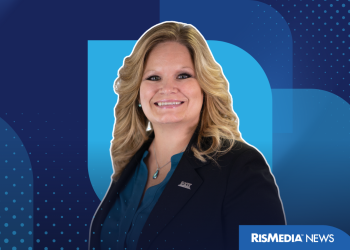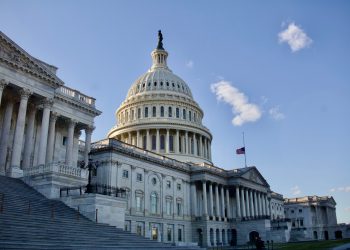The spread of COVID-19 has significantly impacted the economy, putting pressure especially on homeowners who are struggling financially and cannot make their regular mortgage payments. According to the Mortgage Bankers Association’s (MBA) latest Forbearance and Call Volume Survey, the total number of loans in forbearance increased to 6.99 percent from 5.95 percent in a one-week period ending April 19.
“Over 26 million Americans have filed for unemployment over the last month, leading to nearly 7 percent—3.5 million—of all mortgage borrowers asking to be put into forbearance plans. For FHA and VA borrowers, the share of loans in forbearance is even higher, at 10 percent,” said Mike Fratantoni, MBA’s senior vice president and chief economist. “Forbearance requests fell relative to the prior week but remain roughly 100 times greater than the early March baseline. While the pace of job losses have slowed from the astronomical heights of just a few weeks ago, millions of people continue to file for unemployment. We expect forbearance requests will pick up again as we approach May payment due dates.”
The Federal Housing Finance Agency (FHFA) recently released a statement “to combat ongoing misinformation” about borrowers in forbearance with a Fannie Mae or Freddie Mac-backed mortgage, clarifying they will not be required to repay the missed payments in a single lump sum.
“During this national health emergency, no one should be worried about losing their home,” said Director Mark Calabria. “No lump sum is required at the end of a borrower’s forbearance plan for Enterprise-backed mortgages. To help homeowners navigate the forbearance process, FHFA partnered with CFPB on the Borrower Protection Program to provide homeowners accurate information about forbearance and address concerns noted in some consumer complaints. While today’s statement only covers Fannie Mae and Freddie Mac mortgages, I encourage all mortgage lenders to adopt a similar approach.”
In response to the COVID-19 national emergency, Fannie Mae and Freddie Mac allowed borrowers to pause their monthly mortgage payments or apply for a reduction. While the missed payments will need to be re-paid, mortgage services will be calling borrowers 30 days before the forbearance period ends to see if the “temporary hardship” has been resolved, as well as to discuss repayment options. The forbearance plan can be extended for those still experiencing hardship at the end of the original term.
“The combination of stimulus payments, expanded unemployment insurance benefits, further fiscal and monetary actions, and states reopening will hopefully begin to stabilize forbearance requests and the overall economy,” added Fratantoni.











